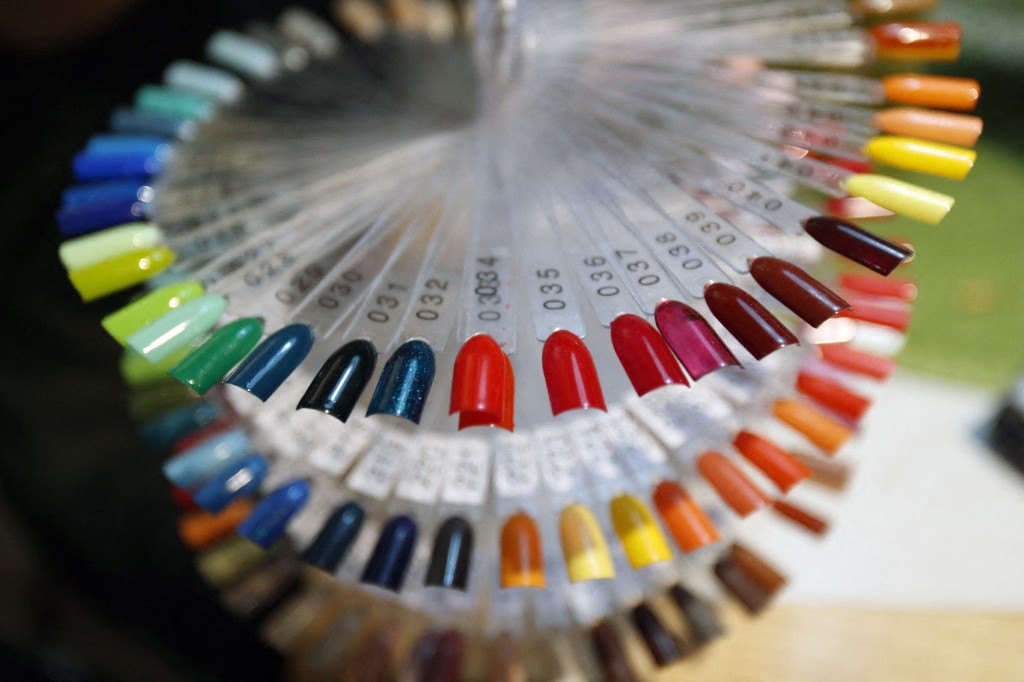The European Union has announced a ban on the chemical compound TPO, commonly found in semi-permanent gel nail polish, effective from the beginning of this month. The move follows scientific findings that the substance poses serious health risks, including potential harm to fertility and an increased risk of cancer. Lebanon now appears set to follow Europe’s lead, with a local ban expected once the official directive is issued.
Why Was the Chemical Banned?
The banned substance, Trimethylbenzoyl Diphenylphosphine Oxide (TPO), acts as a photo-initiator that hardens gel polish under ultraviolet light, giving nails a glossy, long-lasting finish.
However, European research revealed troubling side effects linked to frequent exposure:
- Toxic impact on fertility.
- Potential harm to unborn children during pregnancy.
- Classification as a carcinogenic and reproductive toxicant under Category 1B.
Lebanon’s Position
Lana Dergham, Director General of the Lebanese Standards Institution (LIBNOR), explained that European consumer safety decisions are automatically adopted in Lebanon. She stressed that LIBNOR will take the necessary steps to block the entry of new products containing TPO. The responsibility for withdrawing existing items from the market, she added, falls on the Ministry of Economy, which has already pledged to enforce the decision as soon as it is formally received.
Impact on Lebanese Beauty Salons
Beauty salons across Lebanon will be required to halt the use of any products containing TPO and shift to safer alternatives that deliver the same durability and quality without compromising consumer health. This adjustment may initially lead to service restructuring and slightly higher costs until replacement products become widely available.
Nail care specialist Judy Hage told Al Safa News that the ban is “a necessary step to protect consumers from proven health hazards identified by European studies. Lebanon’s beauty sector needs stronger oversight to ensure all products are free of carcinogens or substances that affect reproductive health. While the decision may cause short-term disruptions in the local market, it paves the way for safer and more sustainable products in the long run.”
A Shift in Global Cosmetic Standards
Ultimately, the ban represents a significant step in global cosmetic safety standards, one that is bound to affect Lebanon’s beauty industry. The key challenge will be how swiftly authorities enforce the ban and ensure the replacement of prohibited substances with safe alternatives—safeguarding the health of Lebanese consumers in the process.
Please post your comments on:
comment@alsafanews.com
 Politics
Politics













